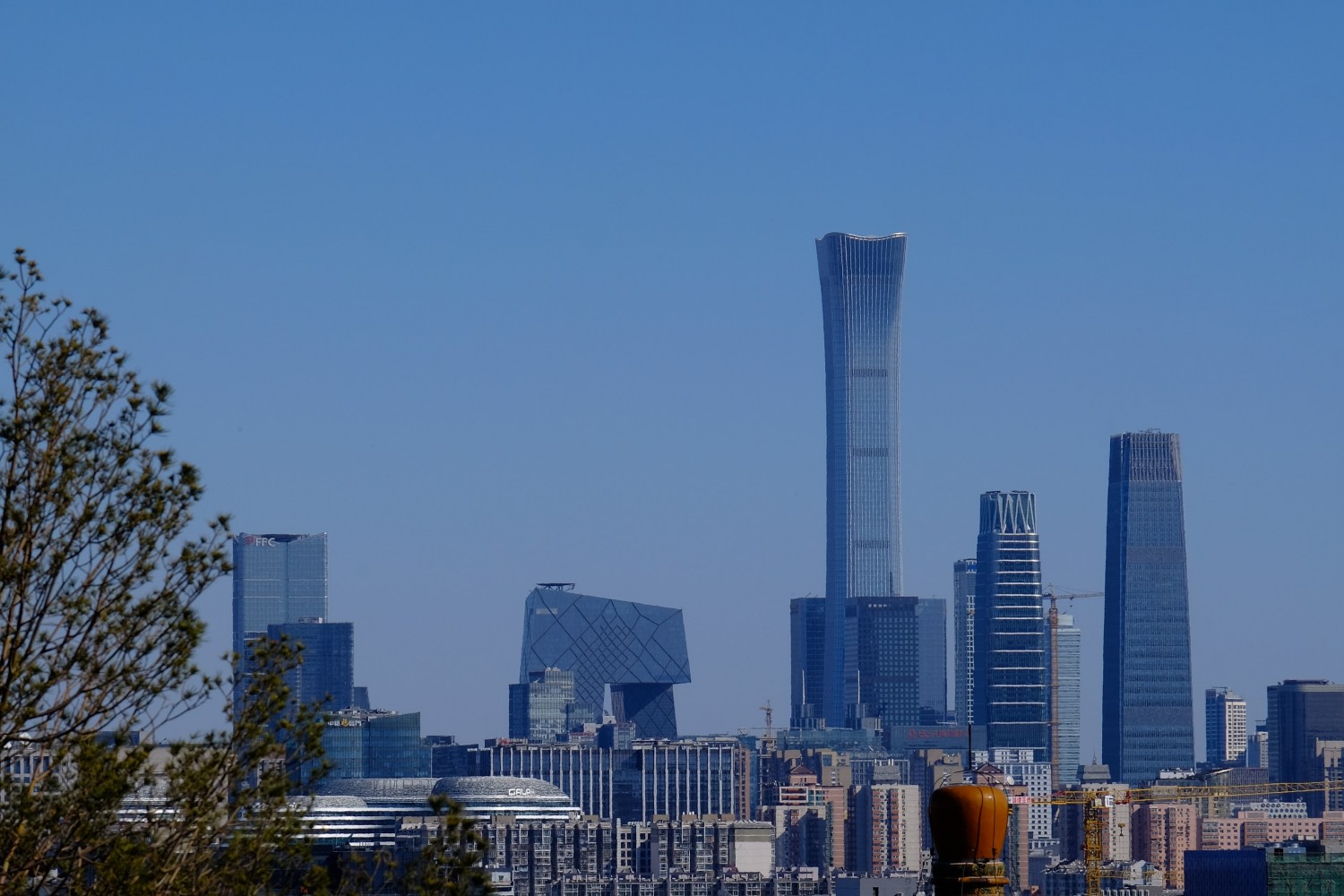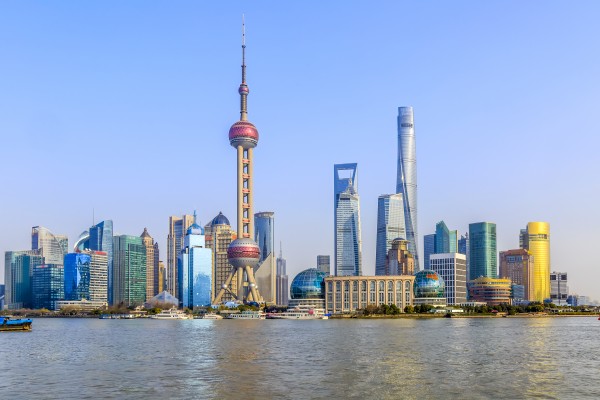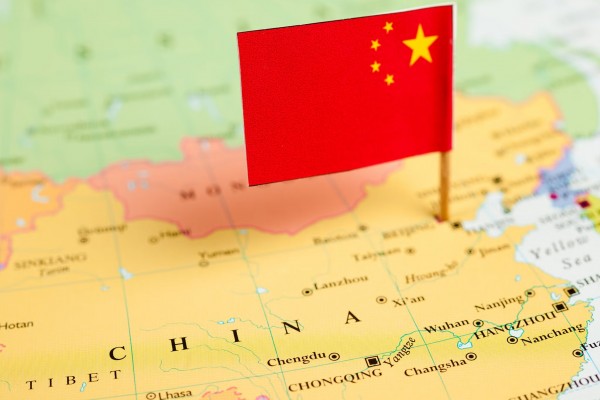Review No. 2 of Chinese Antitrust News from the Experts of the BRICS Competition Centre
- The Ministry of Transport denied connection with the new transport platform
- European AliExpress allowed to pay after receiving
- Kuaishou co-founder donated part of his shares to charity
- Blizzard terminates partnership with NetEase
- Anti-China Sanctions Expected to Expand in Semiconductor Industry
The Ministry of Transport denied connection with the new transport platform
The Ministry of Transportation of China said that it has nothing to do with the new Qiangguo Jiaotong transport platform, which has already passed beta testing and will soon be available to users. It was previously reported that the national-level transportation platform Qiangguo Jiaotong was jointly developed by some government agencies and Xuexi Qiangguo, an educational platform for the dissemination of key party messages, which is operated by the Ministry of Propaganda of the People's Republic of China. A refuting statement came out a little later: the development was carried out not with government agencies, but with the China Center for Transport Telecommunications and Information, and the product is not a national-level platform, but a mini-program. It was also mentioned in the original news that leading taxi aggregators have already connected to Qiangguo Jiaotong. However, representatives of DiDi, T3, Caocao and other major taxi services interviewed by journalists reported that there is currently no connection to the platform.
Thus, the format of the future platform and the scale of state participation in it are still unclear. However, with government support, it should be expected that it will seriously compete with existing market players, including DiDi, which, after a pause of a year and a half, was finally allowed to resume registration of new users and return its application to store catalogs.
Sources: NBD, The Global Times, SCMP
European AliExpress allowed to pay after receiving
Alibaba has begun allowing European buyers to pay for purchases upon receipt of goods on its trading platform AliExpress - according to The Wall Street Journal, this is done to stimulate sales in the international market amid a slowdown in consumption in China. Fintech company Splitit Payments has already announced that it will provide customers with a deferred payment option along with the Alipay service. The service will first appear in Germany, Spain and France, but may later be introduced in other countries.
Source: WSJ
Kuaishou co-founder donated part of his shares to charity
Su Hua, co-founder and CEO of short video platform Kuaishou, has sold a 1.26% stake in the company, owned by himself, for a total of $483 million to be spent entirely on philanthropy, cutting-edge R&D and infrastructure investments. In total, Su Hua owns 9.87% of the shares, giving him 38.08% of the votes. Kuaishou said the deal will not have any negative impact on the company's regular operations.
During the campaign to tighten regulation of the digital giants, many CEOs of large internet companies made voluminous donations (including giving away part of their stakes) to charitable causes, especially after the government’s push for “shared prosperity” and a call for a more even distribution of income.
Blizzard terminates partnership with NetEase
The American developer and publisher of computer games Blizzard announced the termination of services for most of its games in China - on January 23rd, its license agreement with China's gaming giant NetEase, which was the distributor of Blizzard products, expires. According to NetEase, the parties could not reach consensus on a number of key issues, although the company would like to continue to distribute the proposed games: NetEase regrets Blizzard's decision to end the cooperation, "which can only be obeyed." The Blizzard-NetEase partnership lasted 14 years, helping NetEase become the second largest gaming vendor in China and Blizzard successfully expanding into the huge Asian market. According to Bloomberg, the disagreements relate to financial terms, ownership of intellectual property and control of millions of players' data.
In addition, Blizzard has updated the rules for the Hearthstone esports tournament to ban athletes from mainland China.
Anti-China Sanctions Expected to Expand in Semiconductor Industry
The Netherlands and Japan, home to key semiconductor manufacturing equipment suppliers (ASML Holding NV, Nikon, Tokyo Electron Ltd, and others), may soon join US efforts to limit technology exports to China and increase pressure on the chip industry. Their measures will not be as strict as the US ones, but they will nevertheless help cut off Beijing from the technology and know-how needed to produce the most advanced semiconductors. Dutch Minister of Foreign Trade and Development Cooperation Liche Schreinemacher stressed that the Netherlands would not accept restrictive rules in the form in which they were introduced in the United States: "I know there's a lot of pressure internationally but I will be fighting for open trade and against protectionism." It is noted that innovations should not create radical shocks in the chip market, since it is just recovering from the effects of the pandemic and needs Chinese products.
Chinese Foreign Ministry spokesman Wang Wenbin said the US move demonstrated its selfish and hegemonic interests and that Washington seeks to benefit itself at the expense of its allies. According to the South China Morning Post analyst, in the face of US sanctions pressure, China is thinking long-term, while the US is playing the “short game”. And since the American political system does not place much value on strategy, there is no guarantee that the US will win this "existential technological conflict."




